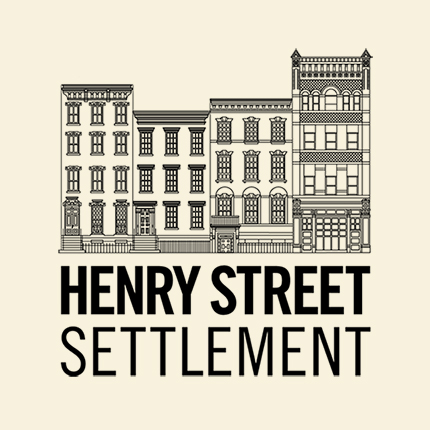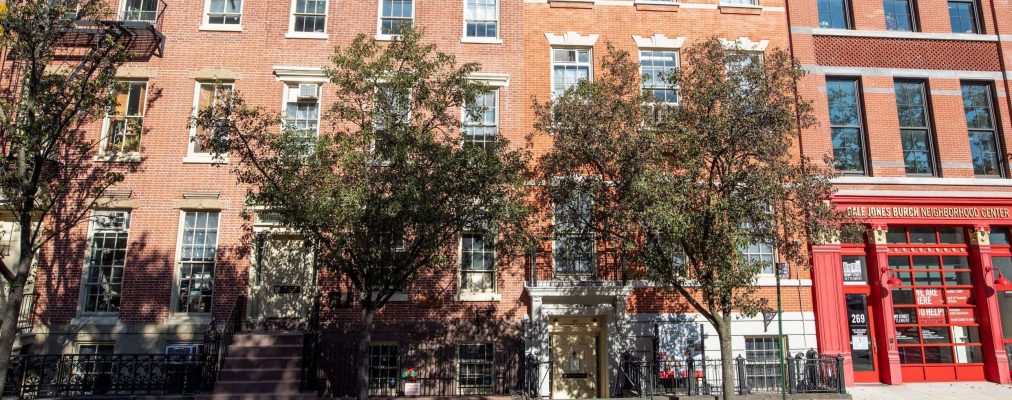Henry Street Settlement opens doors of opportunity for Lower East Side residents and other New Yorkers through social service, arts, and health care programs.
`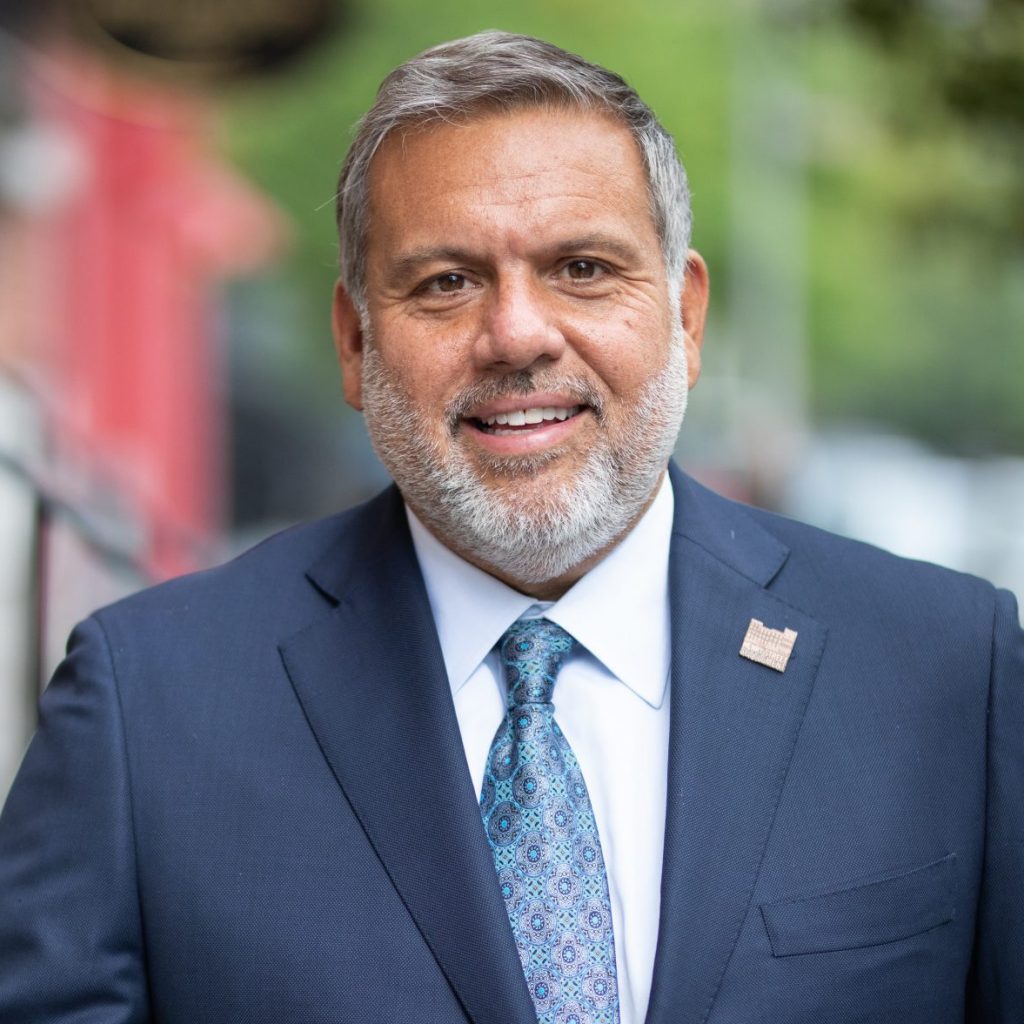 |
David Garza, President & CEO
Named president & CEO in July 2010, David joined Henry Street’s Workforce Development Center in 2001 and became its chief administrator in 2005. David is a graduate of Harvard College and the Institute for Not-for-Profit Management at Columbia Business School. As a long-time advocate for educational and employment opportunities, fair and affordable housing, and strong and healthy families, David has deepened Henry Street’s community impact by establishing local collaborations specifically in workforce development and youth mental health. During his tenure, David has made significant investments in Henry Street’s “People Strategy”—including an increase in the Settlement’s wage floor to $22/hour and comprehensive educational and emotional supports centered on the team. These achievements led Henry Street in 2019 to receive the Overall Management Excellence Award from Nonprofit New York. David serves on the executive committee of the board for the New York City Employment and Training Coalition; on the external advisory board of the Dalio Center for Health Justice of NewYork-Presbyterian; and on the boards of the Betances Health Center, Citizens Committee for Children, and New York City Partnership Foundation. David is also a member of the NYC Regional Economic Development Council and the Trinity Church Wall Street Neighborhood Council. |
|
|
|
||
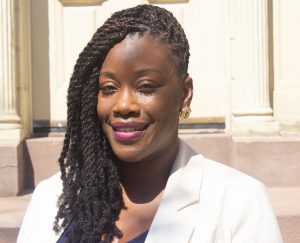 |
Raihana Bosse, LCSW, SIFI, Vice President, Transitional & Supportive Housing Raihana joined Henry Street Settlement in 2019 as senior director of the Urban Family Center shelter, a position she held for more than four years. Raihana began her nearly two-decade-long career in social services working for the Administration for Children Services as a child protective specialist, before going on to obtain her MSW from Stony Brook University. From there, she broadened her experience by pursuing work as an elementary school social worker, social worker at an inpatient substance abuse program, and several other social work avenues such as child welfare, pediatric palliative care with the Visiting Nurse Service of New York, clinical psychotherapy, and discharge planning for the mental health unit on Rikers Island. |
|
|
|
||
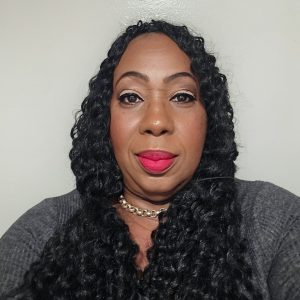 |
Debbie Cox, Vice President, Department of Integration & Community Engagement A Lower East Side native, Debbie has a 55-year personal history with the Settlement, with 42 of those years spent as a professional within the agency. She has been involved with Henry Street since she was a child and teen, participating–and then becoming a leader in–afterschool, summer sports, and arts programming. Debbie has worn many hats, from director of the Cadet Corps to administrative director of the Workforce Development Center to her current incarnation. In her role, she initiates and promotes offerings at the Settlement, including the popular Summer Saturdays and community holiday events. Debbie’s team provides extensive outreach, encouraging community members to take advantage of the services Henry Street Settlement has to offer and bringing together programs across the agency. She attributes her tenacity and dedication to Henry Street to the fact that both share a deep respect and love for the people of the Lower East Side. |
|
|
|
||
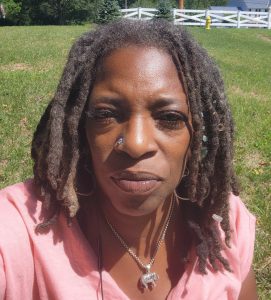 |
Quanda Delande, Vice President, Transitional & Supportive Housing Quanda, who oversees the Third Street Women’s Residence and Third Street Supportive Housing, joined Henry Street Settlement in 1999 as program director for the Third Street Women’s Shelter. She was responsible for administration and management of what was then a 79-bed general-population shelter for single women. During her tenure at Henry Street she has worked on Third Street as the types of programs in her space have evolved—first for Women on the Rise, an employment shelter; then for a safe haven shelter; and now a mental health shelter. Prior to Henry Street, Quanda was a clinical director at Catholic Charities, working in a supportive SRO. Quanda holds a BS in criminal justice from John Jay College and a master of social work degree from Hunter College with a dual major in administration and casework. |
|
|
|
||
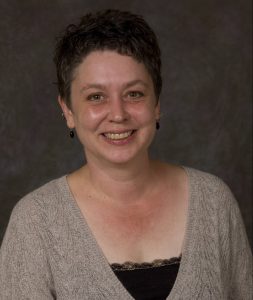 |
Renee Epps, Chief Officer for Facilities and Operations Renee joined Henry Street in August 2009. She supervises the facilities, business services and information technology departments, and manages Henry Street’s capital projects. Prior to joining the Settlement, Epps spent 17 years at the Lower East Side Tenement Museum, where she most recently served as Executive Vice President. A graduate of the University of Kansas, Epps is active in many professional and civic groups including the Municipal Arts Society. |
|
|
|
||
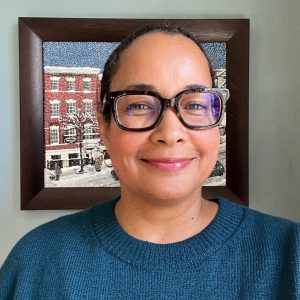 |
Erin Haggerty, Director, Executive Office & Administration Erin joined Henry Street Settlement in 2016 as the executive assistant to President & CEO David Garza. She was promoted to director of executive office & administration in 2021, where her work touches all areas of the Settlement’s work. Prior to Henry Street, Erin worked in several fields such as sales for several top hotel chains (Hyatt, W, St. Regis), music administration for Zomba Recording Corporation (JIVE, Verity), and office management for the Museum at Eldridge Street. At Henry Street, Erin has served on the Diversity, Equity & Inclusion; Recruitment & Retention; Health & Wellness; and Training & Development committees. |
|
|
|
||
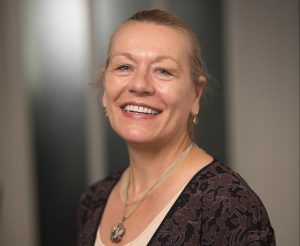 |
Kristin Hertel, Vice President for Health and Wellness Kristin is responsible for primary and behavioral health services at the Settlement. Hertel joined the Henry Street team in 1990 as a recreational therapist. She graduated from the Technical University of Berlin, Germany, with a degree in social work and obtained a Postmasters Certificate in advanced clinical work from the Hunter College School of Social Work. |
|
|
|
||
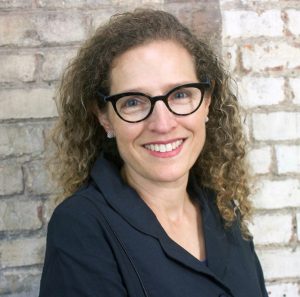 |
Barbara Kancelbaum, Vice President for Marketing & Communications |
|
|
|
||
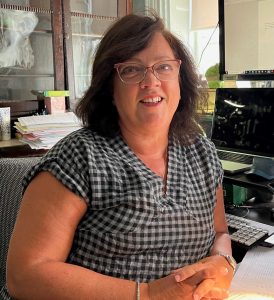 |
Josephine C. Lume, Chief Financial Officer Josephine is responsible for the agency’s finances and business systems. She joined Henry Street in 2002 and brings 38 years of finance experience to the Settlement. A graduate of Pace University, she is a Certified Public Accountant. |
|
|
|
||
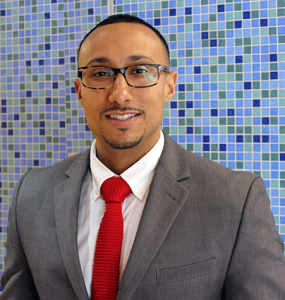 |
Matthew Phifer, Executive Vice President for Education & Employment Services |
|
|
|
||
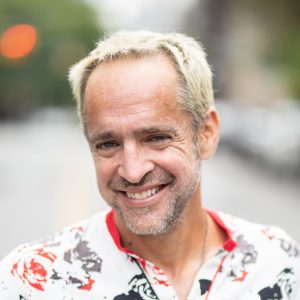 |
Jeremy Reiss, Executive Vice President–Partnerships and Innovation |
|
|
|
||
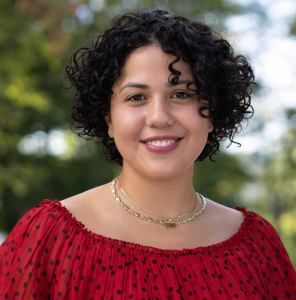 |
Ali Rosa-Salas, Vice President, Visual and Performing Arts |
|
|
|
||
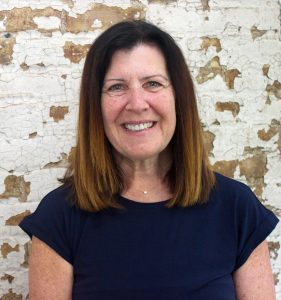 |
Jan Rose, Chief People Officer Jan joined Henry Street in July 2018 and leads our People Strategy. Jan has more than 25 years of experience strengthening organizational effectiveness in nonprofit and for-profit settings. Previously, she worked in talent management at the global consulting firms Mercer and Aon Hewitt, and AchieveMission. Since Jan was diagnosed with Parkinson’s Disease in 2020, she founded the New York City chapter of PingPongParkinson, and volunteers with her certified therapy dog visiting patients and the elderly. Jan has a B.A. Economics and M.B.A. in Industrial Relations from McGill University in Montreal, Canada. |
|
|
|
||
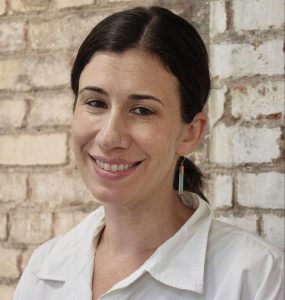 |
Ellen Schneiderman, Executive Vice President for Special Events and Individual Giving Ellen, who joined Henry Street as a grant writer in 2007, was promoted to Deputy Development Officer, Special Events and Individual Giving in July 2013. She was named an executive vice president in 2023. Ellen manages a comprehensive program to attract gifts through direct solicitations, special events, sponsorships, and planned giving. In her early years at Henry Street, she focused on institutional giving for the Abrons Arts Center and complex government social service proposals. She is a graduate of Brown University with a degree in visual arts and community health. |
|
|
|
||
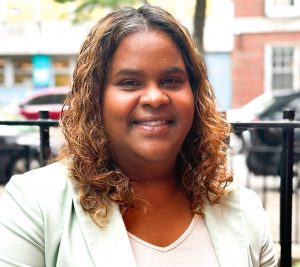 |
Cindy Singh, Vice President, Older Adult Services Cindy joined Henry Street Settlement in September 2007 as the program director for Good Companions Senior Center (now the Older Adult Center). In 2009, she assumed the position of program director of Healthy Senior Select’s Meals on Wheels, the largest provider in Manhattan. During her tenure at MoW, she was crucial in guiding the program’s vulnerable population through several challenging times in New York City’s history—including Super Storm Sandy, MTA strikes, blackouts, and most recently the Covid-19 pandemic. Cindy holds a master’s degree in public administration from Metropolitan College of New York.
|
|
|
|
||
